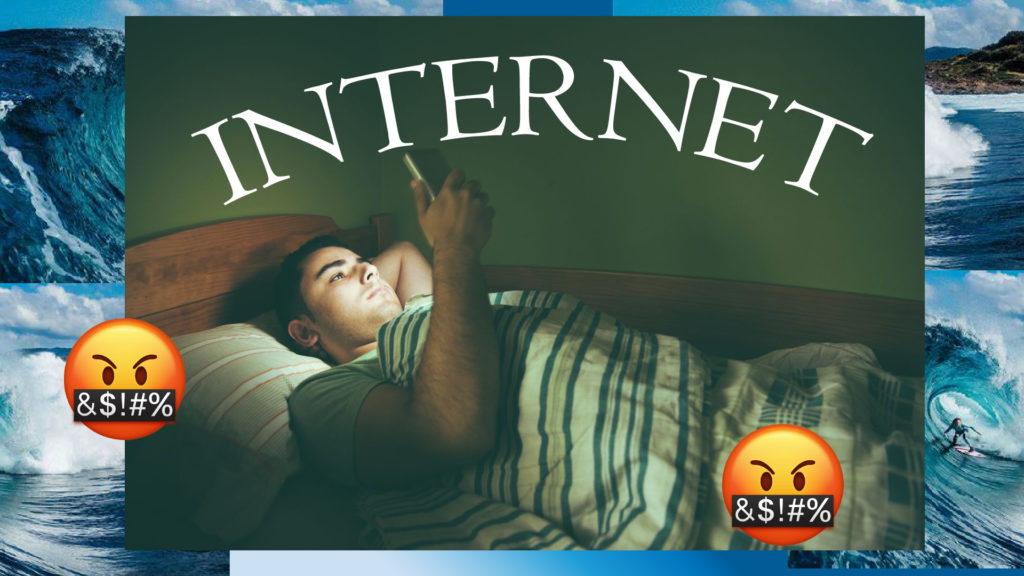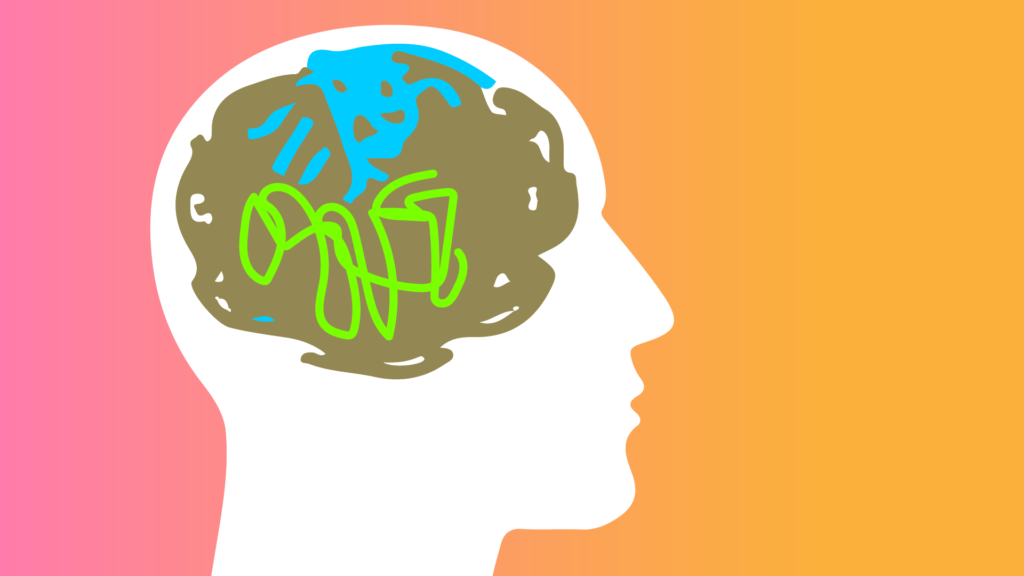In the new age is the excessive and compulsive use of the internet that negatively impacts one’s daily life, relationships, and overall well-being. With the proliferation of technology and the increasing accessibility of the internet, individuals can easily find themselves consumed by online activities such as social media, online gaming, streaming services, and endless browsing.
New age internet and social media addiction encompasses various behaviors that indicate a problematic relationship with online activities. It can involve spending excessive amounts of time online, feeling restless or irritable when unable to access the internet, neglecting personal responsibilities and relationships due to online engagement, and experiencing withdrawal symptoms when disconnected from the online world.

The new age aspect of internet addiction is influenced by the evolving landscape of the internet and the integration of digital technology into various aspects of our lives. With the rise of smartphones, social media platforms, and instant connectivity, people are constantly connected to a virtual world that offers an abundance of information, entertainment, and social interactions. The allure and convenience of the internet, coupled with the addictive nature of certain online activities, contribute to the development of internet addiction in the new age.
Internet addiction in the new age can have detrimental effects on individuals’ mental health, social interactions, productivity, and overall quality of life. It is important to be mindful of our internet usage and establish healthy boundaries to maintain a balanced and fulfilling life in the digital era.
AND Yes, social media can be considered a component of internet addiction. Social media platforms have become an integral part of the online experience for many people, and excessive or compulsive use of these platforms can contribute to internet addiction.

Social media addiction involves an overwhelming preoccupation with social media platforms, leading to the neglect of other important aspects of life, such as work, relationships, and personal well-being. Individuals may find themselves spending excessive amounts of time on social media, experiencing difficulty in controlling their usage, and feeling anxious or restless when unable to access these platforms.
The addictive nature of social media is fueled by various factors, including the constant stream of notifications, the desire for social validation and approval through likes and comments, and the fear of missing out on updates and news. These platforms are designed to be engaging and to capture and maintain users’ attention for extended periods.
It’s important to note that not everyone who uses social media exhibits signs of addiction. For many, social media is simply a tool for communication, information sharing, and entertainment. However, for individuals who find themselves unable to control their social media usage and whose well-being is negatively impacted, it may be necessary to address and seek support for potential social media addiction.
Getting over internet and social media addiction can be challenging, but with commitment and the right strategies, it is possible to regain control over your digital habits. Here are some steps you can take to help overcome internet and social media addiction:
Acknowledge that you have an addiction and understand the negative impact it has on your life. Reflect on how excessive internet and social media use affect your relationships, productivity, mental health, and overall well-being.
Define what a healthy and balanced relationship with the internet and social media looks like for you. Set specific and achievable goals, such as reducing your daily screen time or designating specific time slots for internet and social media use.
Establish boundaries and limitations around your internet and social media use. Set rules for yourself, such as not using social media during specific times of the day or designating tech-free zones in your home. Consider using productivity apps or features on your devices to limit your access to certain websites or apps.
Determine the triggers that lead you to excessive internet and social media use. It could be boredom, stress, loneliness, or other emotional states. Find alternative activities to engage in during these triggers, such as hobbies, physical exercise, reading, spending time with loved ones, or pursuing personal interests. Be conscious and deliberate about your internet and social media use. Before opening an app or visiting a website, ask yourself if it aligns with your goals and if it will contribute positively to your well-being. Set a specific time limit for your online activities and stick to it.
Reach out to friends, family, or support groups who can understand and support you in your journey towards overcoming internet and social media addiction. Consider joining online or in-person support groups specifically focused on digital addiction.
Engage in activities that promote self-care and well-being. Prioritize physical exercise, spend time outdoors, practice mindfulness or meditation, get enough sleep, and nurture your relationships with loved ones. These activities can help fill the void left by excessive internet and social media use.
If your addiction is severe or you’re struggling to make progress on your own, don’t hesitate to seek professional help. A therapist or counselor experienced in digital addiction can provide guidance, support, and additional strategies tailored to your specific situation.
Remember, overcoming internet and social media addiction is a gradual process. Be patient with yourself and celebrate small victories along the way. Stay committed to your goals and persevere, and over time, you will regain control over your digital habits and experience a healthier relationship with technology.



